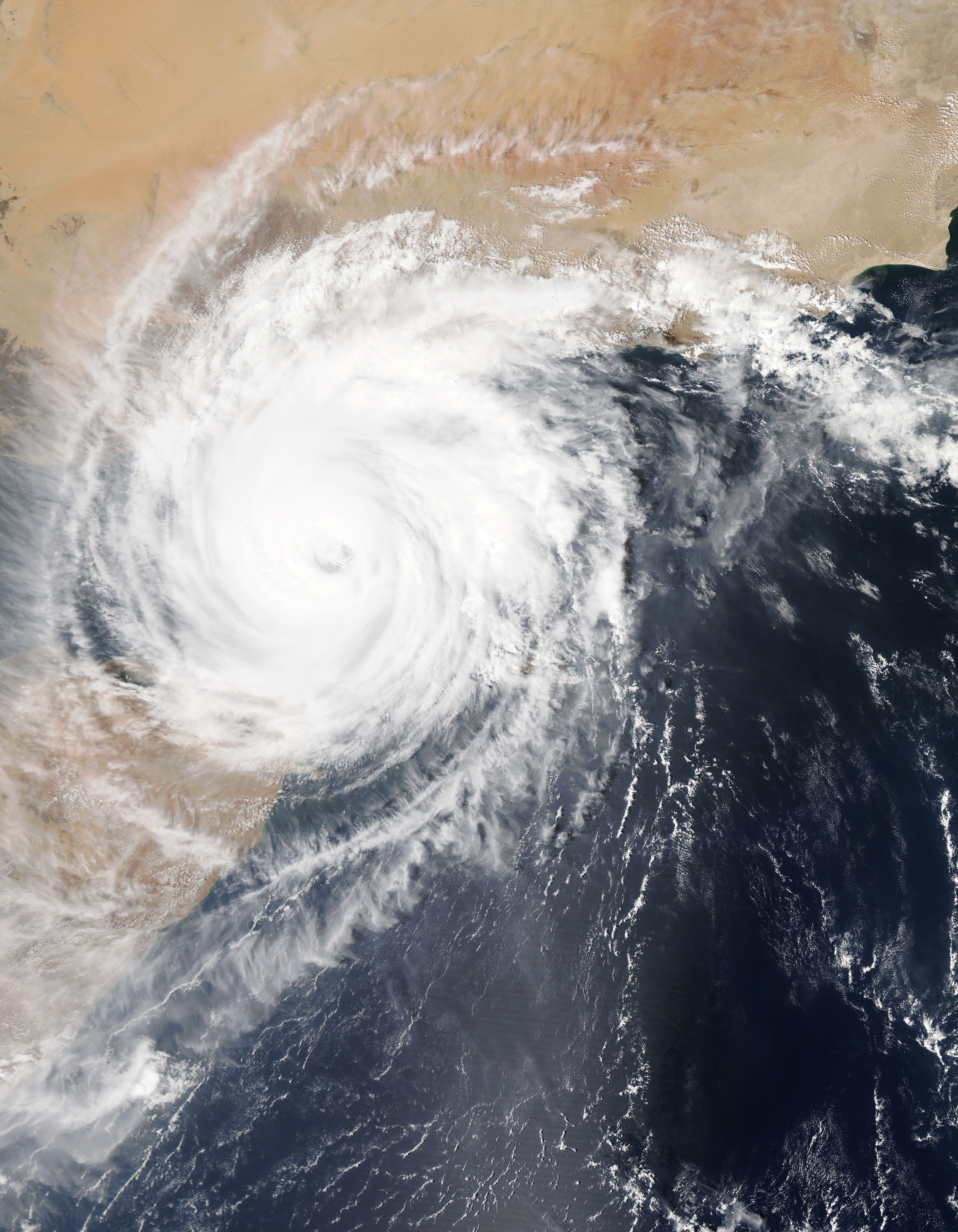The interview with ChatGPT, conducted on Climate Foresight, is interesting because it shows in some sense the real nature of Chat GPT, which in a way represents a collective wisdom of the Internet and the average shared consensus knowledge that emerges from the analysis of everything that is on the net.
The answers that ChatGPT gives on the issue of climate change are basically sound, and they express the basic foundational understanding of the climate change problem and the issues around it which allows us to either understand or tackle the issue.
It is remarkable that the information is by and large sound and correct and therefore captures the basics, a climate change common sense which has been harvested very efficiently from the Web. Therefore, Chat-GPT works well when used as an integrator of the common planetary knowledge. It is the collective sentiment that emerges from the amount of information that is available on the web without many of the incoherences and contradictions.
However, the interview also reveals how it is much less effective when used to obtain specific information. For example, when specific sources and references were demanded of it. The results were hallucinated answers and/or mistakes.
The tendency to provide an answer regardless of whether it is accurate or not seems to win over the restraint of providing correct information. It may be that some parameters need to be tuned or it could be because ChatGPT still doesn’t have access to enough content to be able to comment in an informed way on detailed issues.
This probably demonstrates that ChatGPT doesn’t actually “understand” anything, although it’s important to say that this technology’s potential is enormous and that ChatGPT’s next versions will be able to do much more than this interview shows. It looks like the next few years are going to be very interesting.






